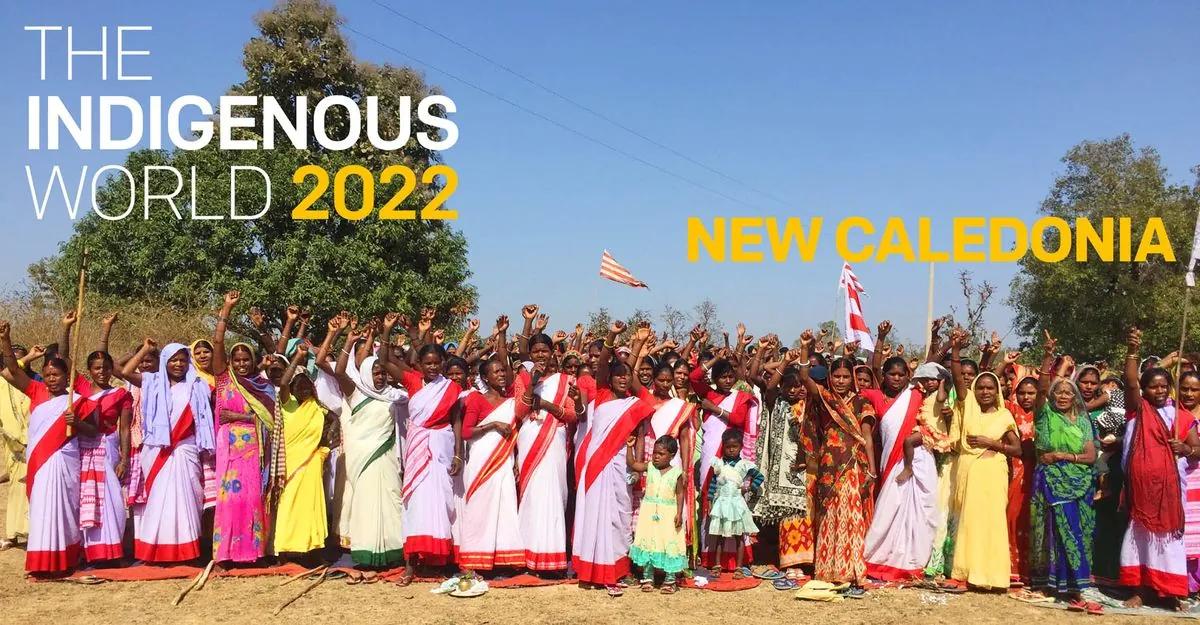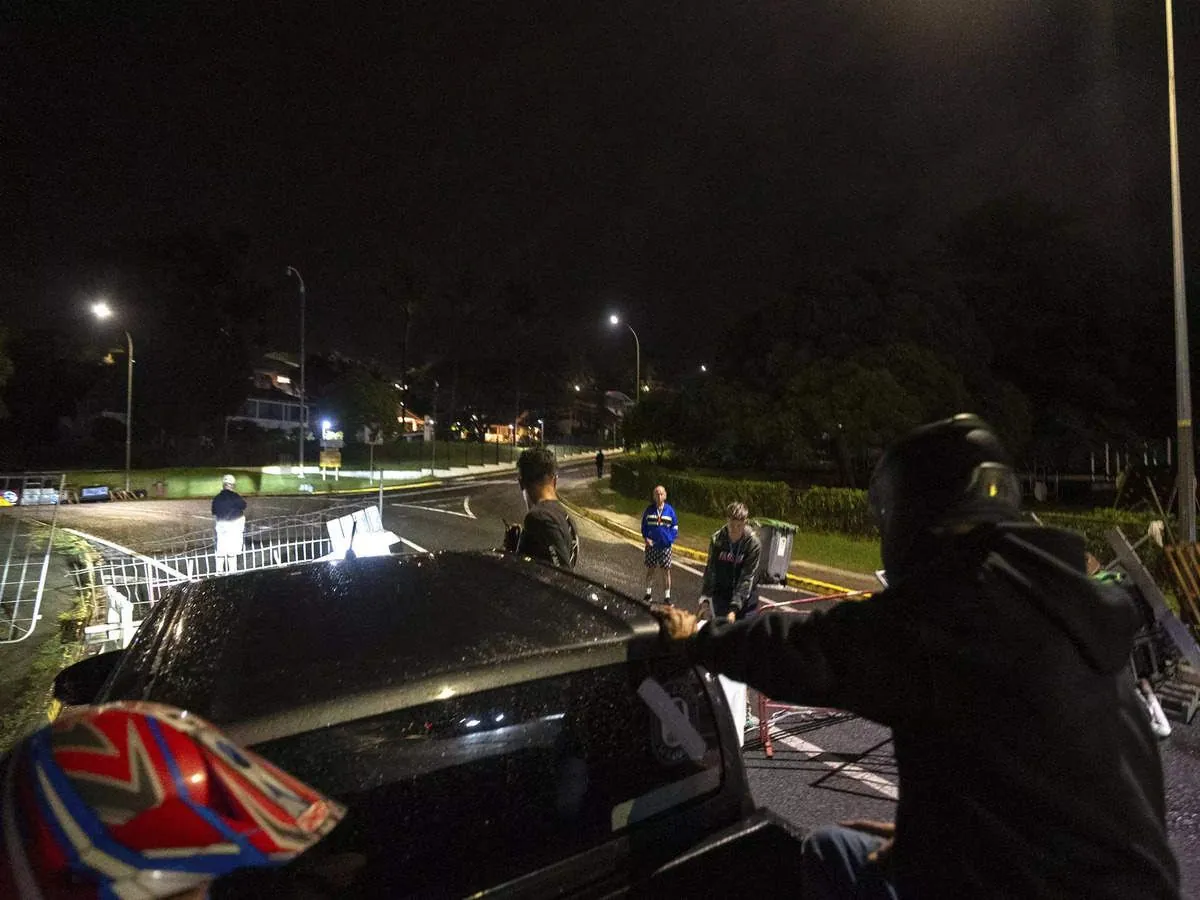New Caledonia Marks 171 Years of French Rule Amid Tensions
New Caledonia commemorates 171 years since French colonization, with heightened security due to ongoing tensions between pro-independence Kanaks and loyalist communities. Recent protests and voting reforms have exacerbated divisions.

On September 24, 2024, New Caledonia marked the 171st anniversary of French colonization, an event that continues to stir controversy in this Pacific archipelago. The territory, located approximately 1,210 km east of Australia, witnessed a day of heightened security and palpable tension between the Indigenous Kanak people seeking independence and the communities loyal to France.
New Caledonia, with its land area of 18,576 square kilometers, has been under French control since 1853. The territory's rich biodiversity and vast nickel resources, accounting for about 25% of the world's known deposits, have long been points of contention in the ongoing debate over its political status.
To prevent potential unrest during the anniversary, authorities deployed at least 6,000 police officers in Noumea, the capital. This precautionary measure follows violent protests that erupted four months earlier, resulting in 13 fatalities and widespread destruction. These incidents have further widened the rift between the territory's communities, highlighting the complex relationship between New Caledonia and France.

The day, officially known as Citizenship Day, holds different meanings for various groups within New Caledonia. For those supporting continued French rule, it was a celebration of their French identity, marked by displays of patriotism including flag-waving and the playing of "La Marseillaise." Conversely, for the Kanak people, whose ancestors are believed to have arrived in New Caledonia around 3000 years ago, the date serves as a reminder of their ongoing struggle for independence.
New Caledonia's political landscape has been shaped by several key agreements and events. The Matignon Agreements of 1988 ended a period of violent conflict, while the Nouméa Accord of 1998 set a timetable for increased autonomy and possible independence. Between 2018 and 2021, three referendums on independence were held, with voters choosing to remain part of France. However, the pro-independence Kanak community boycotted the final referendum in 2021, citing the impact of the COVID-19 pandemic on their population.
Tensions escalated earlier this year when French President Emmanuel Macron pushed through voting reforms that grant voting rights to recent settlers in local elections. This move has intensified fears among the Indigenous population about the erosion of their rights and cultural identity.
The territory's unique status as a "sui generis collectivity" within the French Republic reflects its complex political situation. While it maintains its own parliament, known as the Congress of New Caledonia, and uses its own currency, the CFP franc, it remains heavily dependent on subsidies from France.
As New Caledonia navigates its future, the territory's rich natural heritage, including one of the world's largest lagoons and unique wildlife such as the tool-making New Caledonian crow, serves as a reminder of what's at stake in this ongoing political debate.
"September 24 is not a day of celebration for us, but a day to reaffirm our commitment to self-determination and the preservation of our cultural identity."
The anniversary has once again brought to the forefront the challenging questions facing New Caledonia: how to balance its French connections with aspirations for independence, and how to reconcile the interests of its diverse communities while preserving its unique environmental and cultural heritage.


































